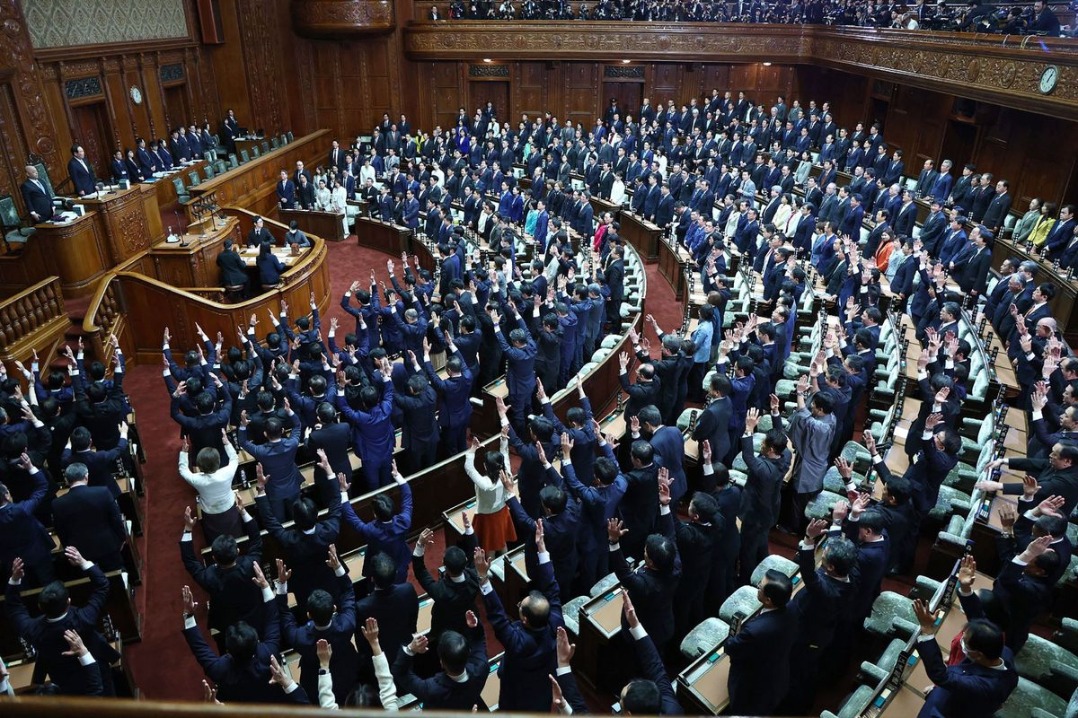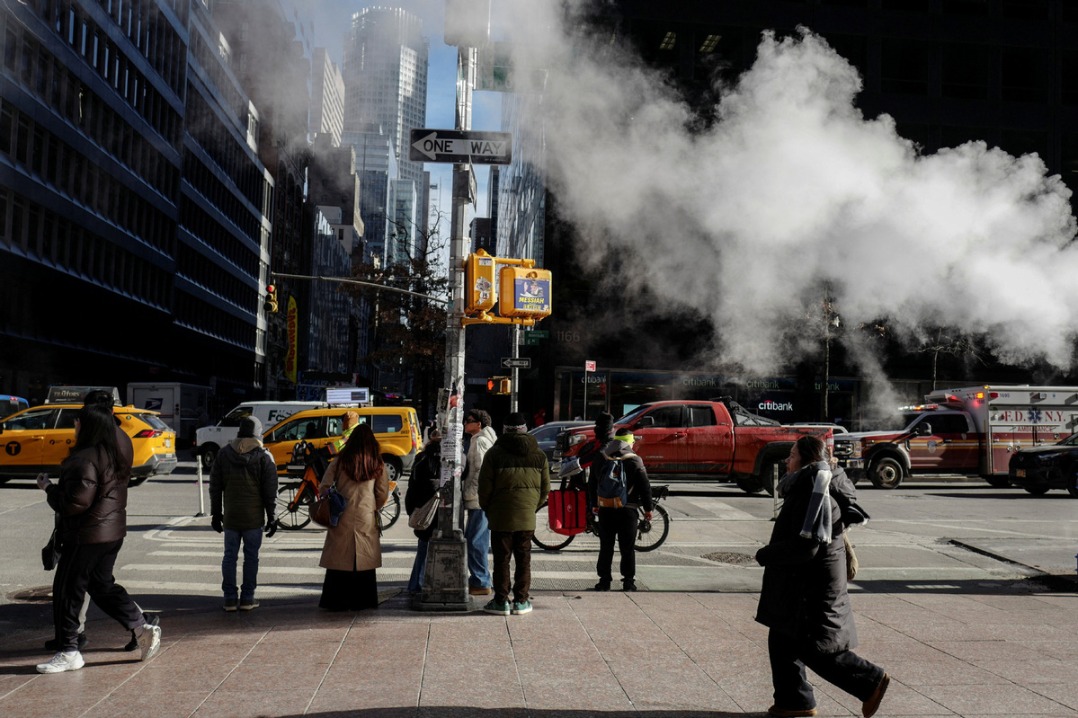UK, others recognize Palestinian statehood
London, Ottawa, Canberra join global momentum as allies break with Israel

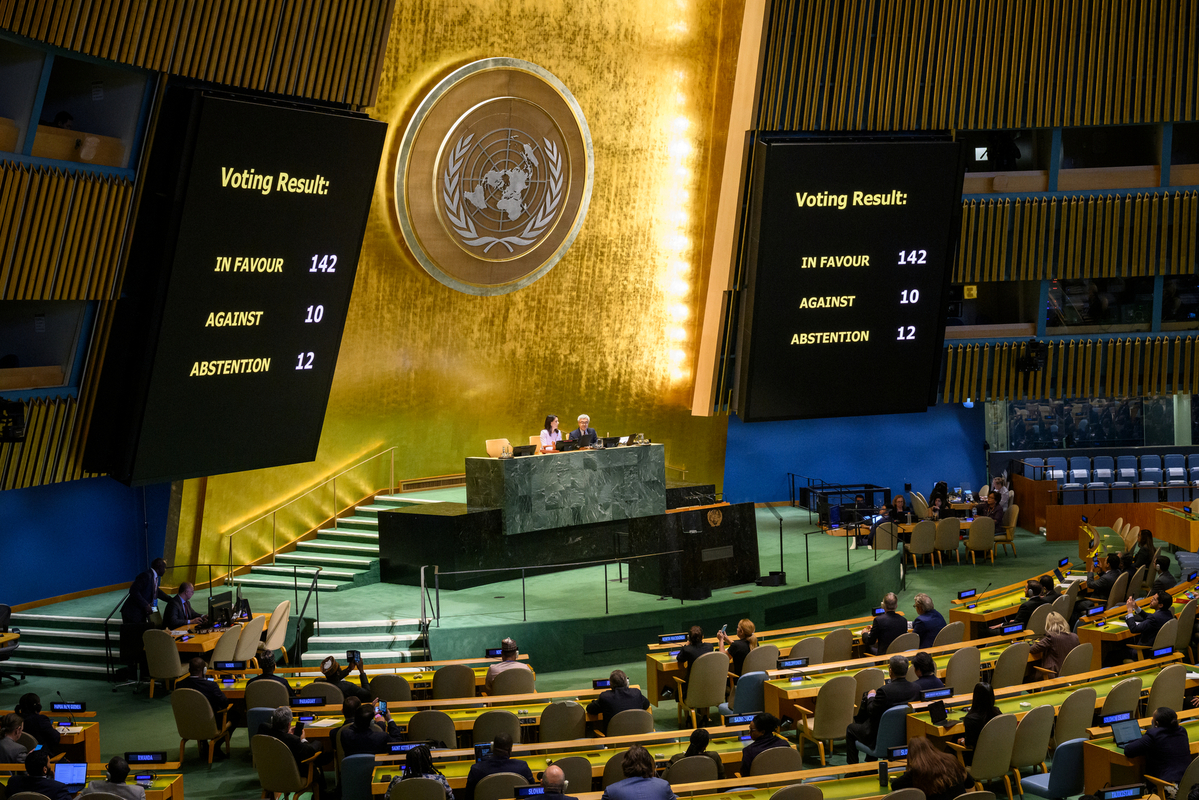
LONDON — The United Kingdom, Canada and Australia recognized a Palestinian state on Sunday in a move borne out of frustration over the Gaza conflict and intended to promote a two-state solution.
"Today, to revive the hope of peace for the Palestinians and Israelis, and a two-state solution, the United Kingdom formally recognises the State of Palestine," Prime Minister Keir Starmer said on social media platform X.
London's step aligns it with more than 140 other countries but will irk both Israel and its main ally the United States.
The decision carries symbolic weight as the UK played a major role in Israel's creation as a modern nation in the aftermath of World War II and has long been its ally.
Other countries are expected to recognize Palestinian statehood this week at the United Nations General Assembly in New York.
In a move that put Starmer at odds with US President Donald Trump, Britain had issued Israel with an ultimatum in July saying it would recognize a Palestinian state unless Israel took steps to end the "appalling situation" in Gaza.
Husam Zomlot, head of the Palestinian Mission in London, called the decision a "long-overdue recognition" that "is not about Palestine, but about Britain's fulfilment of a solemn responsibility".
"It marks an irreversible step toward justice, peace, and the correction of historic wrongs," he added in a statement.
Starmer had said in July that Britain would recognize a Palestinian state unless Israel reached a ceasefire with Hamas militants, let more aid into Gaza, made clear there would be no annexation of the West Bank, and committed to a peace process delivering a two-state solution.
"Since that announcement in July, in fact, with the attack on Qatar, a ceasefire at this point lays in tatters, and the prospects are bleak," UK Deputy Prime Minister David Lammy said, noting that Israel had also moved forward with a settlement plan.
Starmer has been under pressure from many of his own lawmakers, angry at the rising death toll in Gaza and images of starving children.
Meanwhile, Canadian Prime Minister Mark Carney announced on Sunday his country had recognized a Palestinian state.
"Canada recognizes the State of Palestine and offers our partnership in building the promise of a peaceful future for both the State of Palestine and the State of Israel," Carney wrote on X.
He had already said in late July he would do so as many Western countries are increasingly fed up with the intensifying conflict in Gaza.
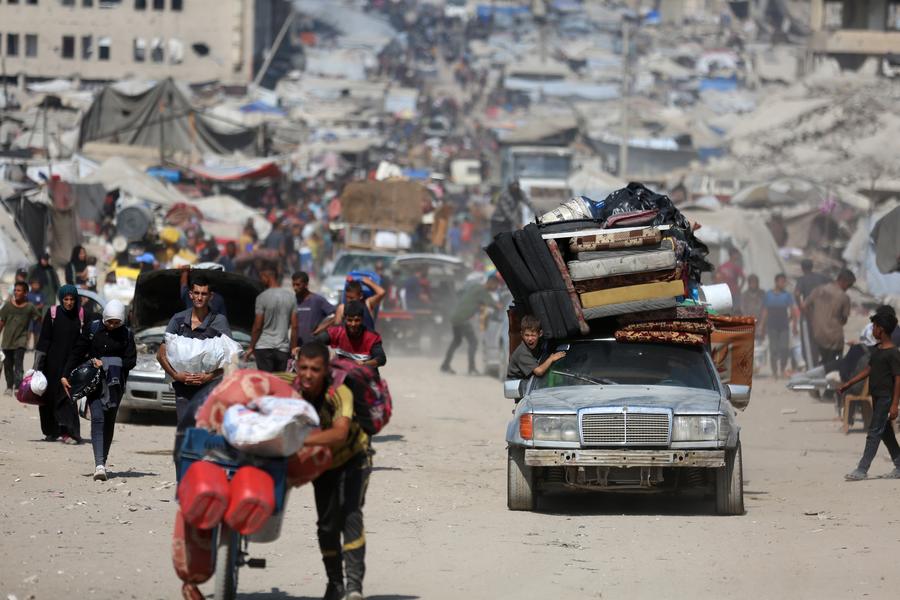
Also on Sunday, Australian Prime Minister Anthony Albanese formally recognized the State of Palestine.
The country was recognizing Palestine alongside Canada and the UK as part of an effort to revive momentum for a two-state solution that starts with a ceasefire in Gaza and the release of hostages held there, Albanese said in a joint statement with Foreign Minister Penny Wong.
Hamas must have no role in Palestine, the statement said.
Earlier this month, Israeli Prime Minister Benjamin Netanyahu said there will never be a Palestinian state and has accused countries that recognize a Palestinian state of rewarding "Hamas' monstrous terrorism".
It is a watershed moment for Palestinian statehood, with Western countries having long argued it should only be part of a negotiated peace deal with Israel.
However, a growing number of longtime allies have shifted positions, as Israel has intensified its Gaza offensive.
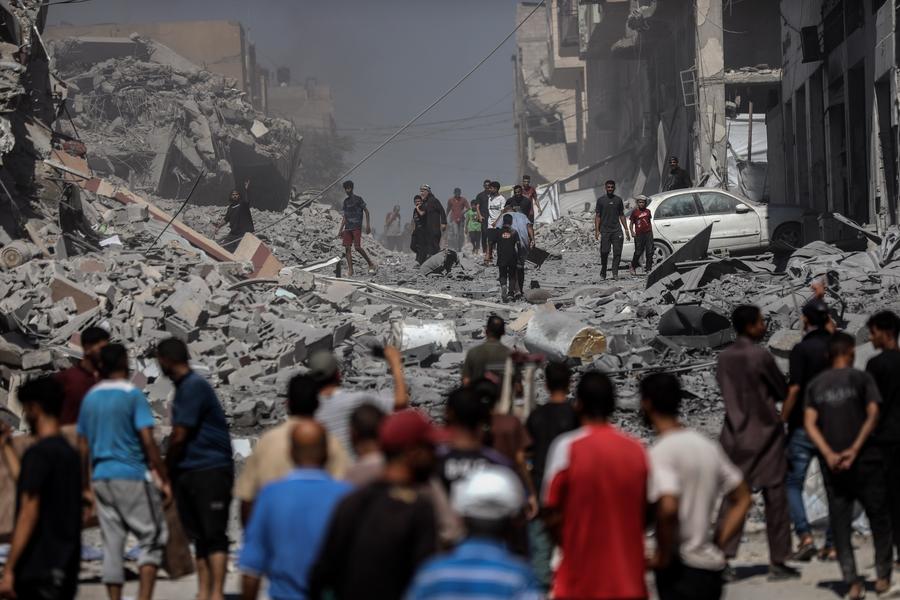
The besieged Palestinian territory has suffered vast destruction, a spiraling death toll and a lack of food that has sparked a major humanitarian crisis.
Israeli strikes killed at least 34 people in Gaza City overnight, including children, health officials said on Sunday. Israel did not comment on the strikes overnight on Saturday.
AGENCIES VIA XINHUA
















